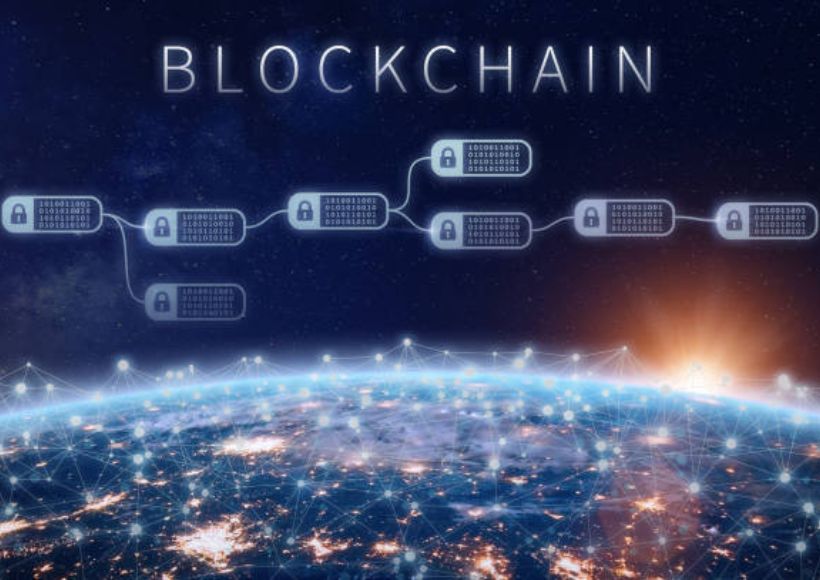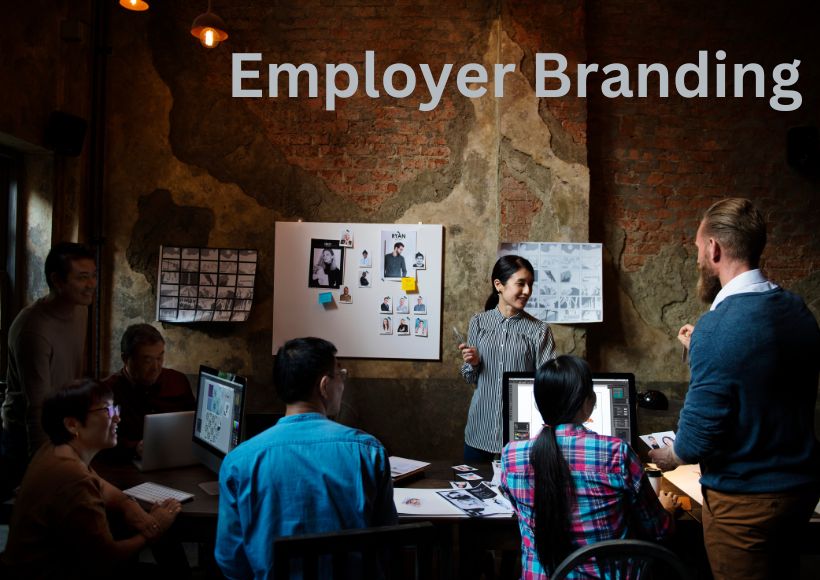What Are The Critical Challenges And Risks Of The Blockchain?

What Are The Critical Challenges And Risks Of The Blockchain? Before discussing blockchain’s risks, it is convenient to explain what this technology consists of. The blockchain is a chain of blocks, that is, a series of data records whose information is grouped into sets related by a timeline. Each of the blocks is secured and associated with each other using cryptography, and their uses are diverse, but currently, they are focused on economic transactions.
Six Significant Challenges Of The Blockchain
Although all the experts agree that the blockchain will be beneficial for a wide variety of economic sectors (beyond finance and technology), this tool is yet to be developed, currently facing the following challenges:
1. Scalability
The blockchain has four challenges related to scalability: limitations, block size, response time, and high fees. All these issues need to be resolved in haste as the network is growing by leaps and bounds and the number of users.
2. Process Time And Power
Power consumption is another challenge in adopting this technology as, for the most part, it follows the infrastructure of the bitcoin virtual currency using Proof of Work as a consensus algorithm. Mining will need a lot of computing power to keep the system running.
In other words, mining will require your computer to solve complex equations, which will require a lot of electrical power. If we translate it to the daily processing of large volumes of data, this management is quite expensive.
3. Privacy
The public system feeds the blockchain and disagrees with privacy. This is a big problem for companies that handle sensitive data and must have defined limits since their clients trust them.
But if the data is stored in a massive public system, how do you make it private? The only solution is to change the records to limit access to the data, a challenge that remains to be defined.
4. Sustainability
About the previous point on energy management. If mining requires a large amount of electricity, this system is unfriendly to the environment and urgently needs a new, more sustainable power source.
5. Legal Regulation
Although many organizations are already using the blockchain as a means of transaction, there needs to be specific regulation, which is a problem.
Although this technology guarantees visibility as one of its great benefits, you will never know if it is safe or not for you.
6. Storage
The blockchain eliminates the need for a central server to store transactions and device IDs, but the data must be stored on the same nodes, or it causes it to grow in size over time.
Ultimately, it will surpass the needs of today’s smart devices, such as sensors, whose storage capacity is deficient.
Blockchain Risks
In addition to the challenges, the blockchain has the following three significant risks:
> Security Of Credentials
Security is a crucial issue in this technology which, like any other IT chain, comes with some security loops. Flaws in the network cause more than half of the attacks, where hackers can take control of the network and exploit it at will, altering the transaction process and restricting the formation of blocks. To deal with this, the blockchain protocol layer needs more security for a longer time. What Are The Critical Challenges And Risks Of The Blockchain?
> Legal Aspects
As indicated above, the lack of legality is a challenge and one of its main risks because users need to know where the limits are. What Are The Critical Challenges And Risks Of The Blockchain?
> Risks For Suppliers
As the blockchain has more adoption, the market for third-party solutions will experience enormous growth, especially within areas such as integration platforms, payment processors, fintech, wallets, or smart contracts. What Are The Critical Challenges And Risks Of The Blockchain?
Vendors who want to deploy blockchain applications and platforms to third parties should know that security in this technology should not be greater than personal trust towards them. In other words, having unreliable systems, incorrect code, or vulnerabilities in the emotional aspect can expose the credentials and data of your clients to unauthorized persons. What Are The Critical Challenges And Risks Of The Blockchain?
Avoiding these vulnerabilities requires a thorough investigation of all vendors in this ecosystem. Experience and reputation are the key factors a client should use to distinguish between those who can help them build their business, from those who could ruin it.
Conclusion
In conclusion, the blockchain is a technology called to revolutionize industry worldwide. However, it cannot be said that today, it is consolidated since it still faces numerous challenges that involve risks, but technological advances will help overcome them.




